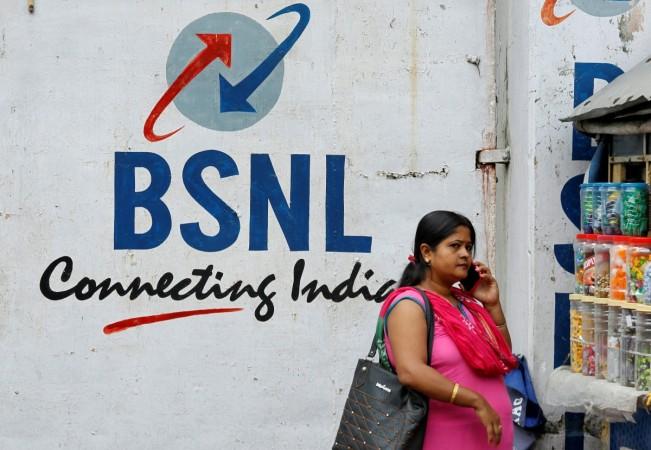
Bharat Sanchar Nigam Limited (BSNL), the state-run telecom operator, has successfully installed over 50,000 indigenous 4G sites across the nation. This announcement was made by the Ministry of Communications, marking a pivotal moment in the country's journey towards enhanced digital infrastructure. The Ministry further elaborated that out of the 50,000 sites installed until October 29, more than 41,000 are now fully operational. This achievement is a testament to the swift pace of expansion that BSNL has been maintaining in its operations.
The telecom operator's goal is to deploy over 1,00,000 4G sites, and the current progress indicates a promising trajectory towards this target. The installation of these 4G sites was carried out under two major projects. Nearly 36,747 sites were established under Phase IX.2 of the project, while 5,000 sites were set up under the 4G Saturation Project. The latter was funded by the Digital Bharat Nidhi Fund, formerly known as the Universal Service Obligation Fund (USOF). This initiative is a part of the government's Atma Nirbhar Bharat initiative, which aims to promote self-reliance and indigenous innovation.

In line with this initiative, a Tata Consultancy Services (TCS)-led consortium was awarded a contract worth Rs 24,500 crore in May 2023. The contract was for providing 4G equipment for 100,000 new telecom towers. The consortium also includes Tejas Networks, the Centre for Development of Telematics (C-DOT), and ITI. These companies, along with TCS, are showcasing the strength of India's homegrown technology in fulfilling the country's connectivity needs.
BSNL's 4G network is a shining example of Poorn Swadeshi or completely indigenous innovation. It has been designed, developed, and implemented entirely by Indian companies, marking a new era for the telecom sector in India. Earlier this month, Jyotiraditya Scindia, the telecom minister, stated that BSNL is expected to roll out its 4G network nationwide by June 2025. This will be achieved by deploying 1 lakh sites. He also noted that the telecom operator will convert these sites to 5G within a month of the 4G rollout.
In addition to its 4G network, BSNL has also completed trials for its 5G Radio Access Network (RAN) and core network across 3.6 GHz and 700 MHz frequency bands. According to the Ministry, BSNL has put on 15,000 air sites till July. This is not the first time that BSNL has made significant strides in enhancing India's digital connectivity. In the past, the telecom operator has been instrumental in bringing about a digital revolution in the country. Its efforts have been particularly noteworthy in remote and rural areas, where connectivity was previously a challenge.
















